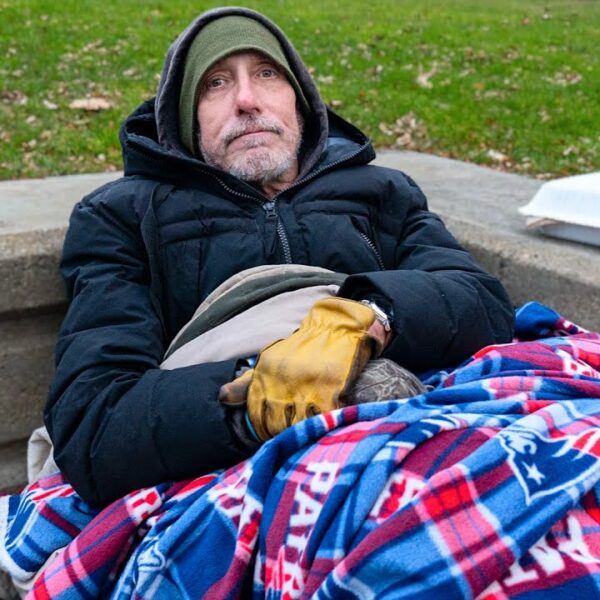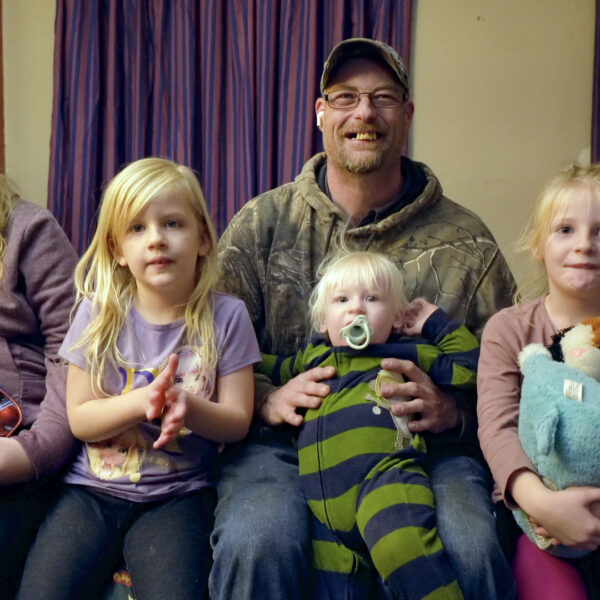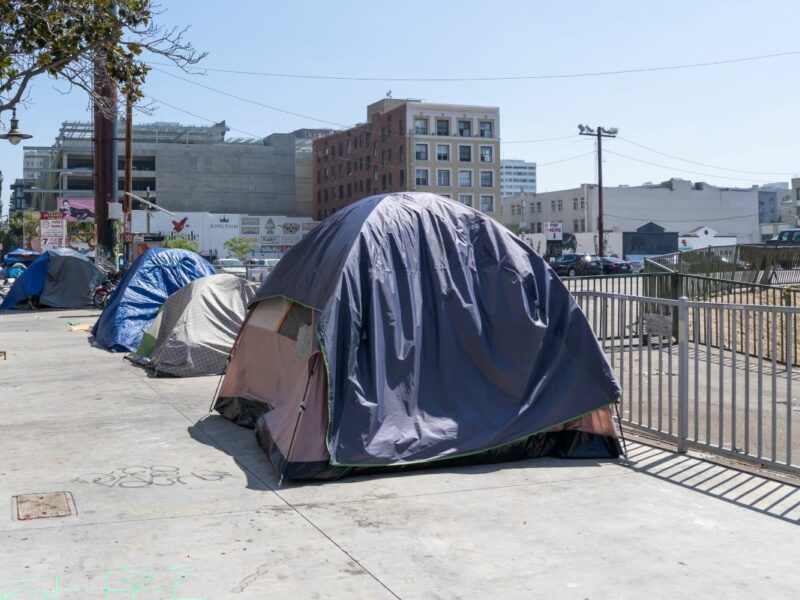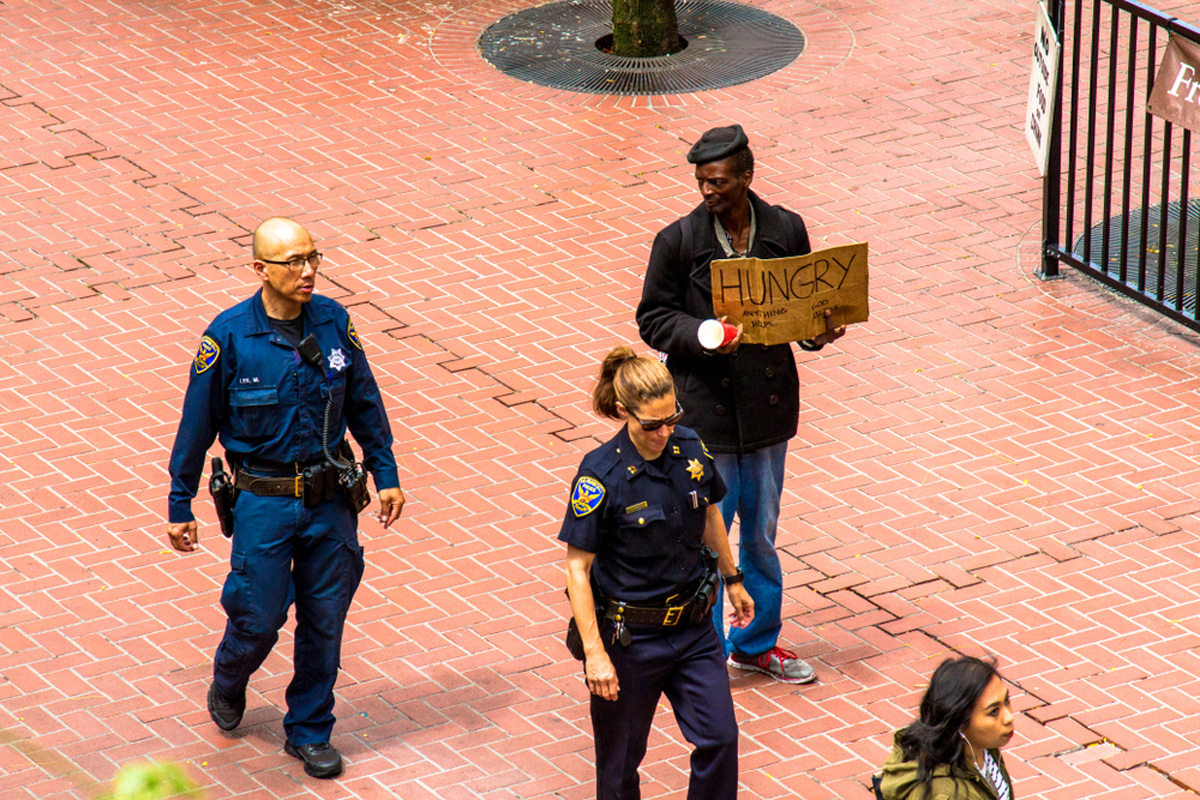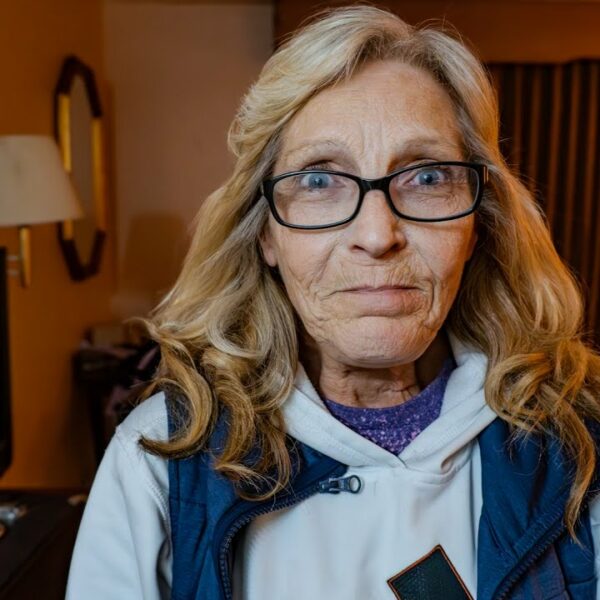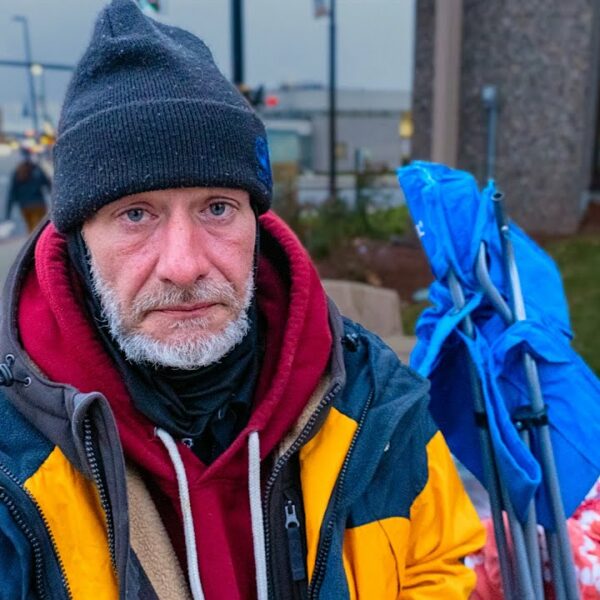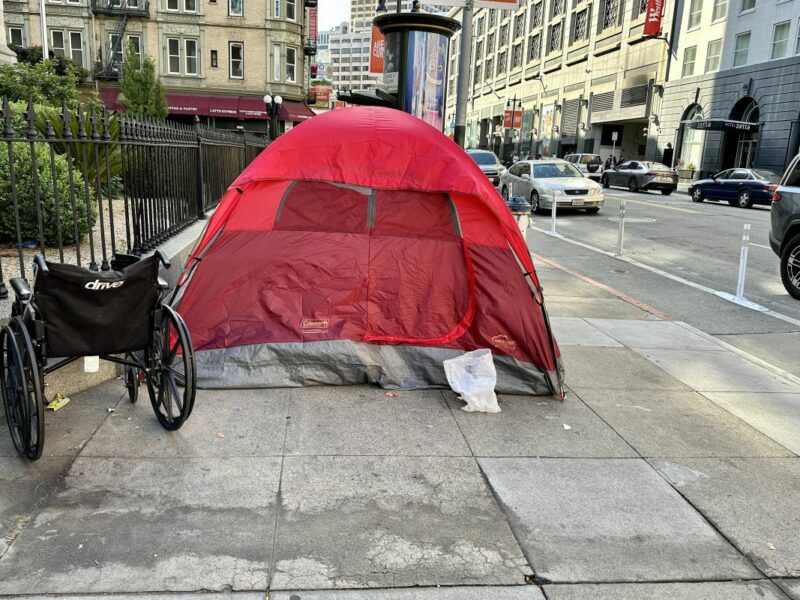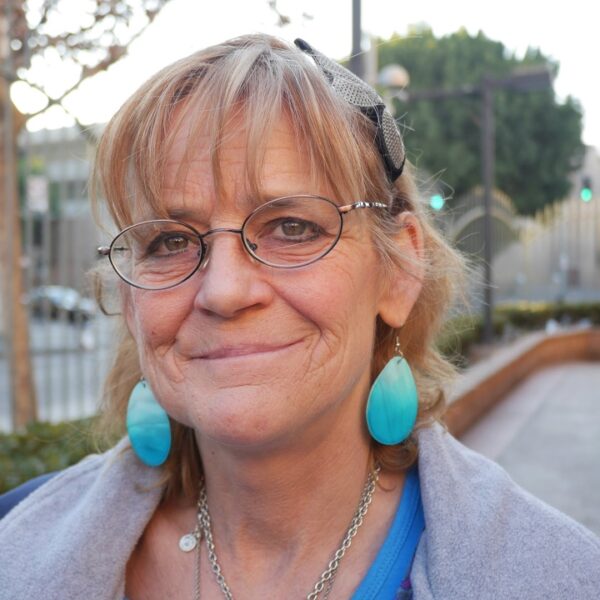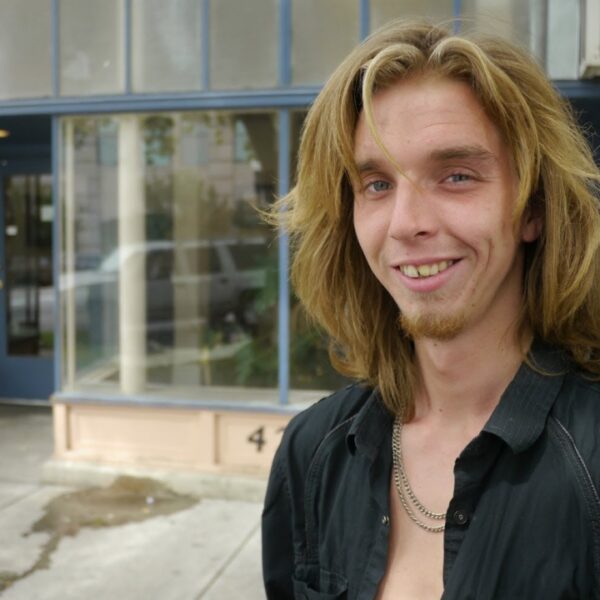Police should not be the first response to homelessness in San Francisco, the Police Commission decided when it unanimously passed a resolution on January 15.
The seven-member commission approved a measure calling for the City to organize a working group on developing alternatives to a police-centered response to homelessness. The Homelessness, Public Health and other related departments, as well as people with direct experience with homelessness, would collaborate in this group. It’s the first time in the U.S. a police commission has made such a recommendation.
Currently, the Police Department is tasked with dispatching thousands of camping and psychiatric crisis calls as the lead of Healthy Streets Operation Center (HSOC), an inter-agency partnership formed two years ago. Though other departments — such as Public Health and its Homeless Outreach Team — are part of HSOC, police resources have ratcheted up in the last year, said Coalition on Homelessness Director Jennifer Friedenbach, who wrote the resolution.
Since 2016, “the number of homeless people have skyrocketed, and so has the number of police hours committed to the response to homelessness,” she said, noting that the number of police officers in HSOC grew from 21 to over 80 in the last two years.
“Cities have been turning to the police for this humanitarian catastrophe that continues to exist,” Friedenbach told the commission. “We are relying on police officers to manage what is in essence a social problem. This response is neither effective nor humane.”
The resolution comes at a critical point where public officials want to strong-arm unhoused people into accepting services. From Donald Trump’s administration calling for forcing them into camps to Mayor London Breed extolling the practice of “tough love.”
“This resolution represents a stark contrast to those using homeless people as political fodder and calling for forcing homeless people into services,” said Paul Boden, executive director of the Western Regional Advocacy Project. “The problem is not that people are service-resistant — the problem has been that the system has been resistant to ensuring housing for all those that need it. Housing solves homelessness, and that is where our resources should be prioritized.”
A sweep that took place on Willow Street last December illustrates the dearth of services offered to unsheltered San Franciscans. Only six people out of 50 who were displaced were assigned to a navigation center. Typical of such operations, police and Department of Public Works crews took a predominant role.
According to the resolution, the working group should be charged with identifying funding sources and recommending system changes.
The resolution also suggests the stakeholders’ group meet with Breed, the Board of Supervisors and other appropriate city commissions with its recommendations.
The motion could be the first step in adopting other models, such as one in Eugene, Oregon, where health and social workers are the first people sent to respond to homeless calls.
That same day, a newly formed Solutions Not Sweeps coalition sent a letter to Breed with their own demands. One of them is replacing a law enforcement approach with “an evidence-based approach aimed at connecting people with their needs”. The Coalition on Homelessness, which publishes Street Sheet, is one of over 20 community organizations and individuals that are members.
This article was first published in Street Sheet. Photo by ev on Unsplash.



